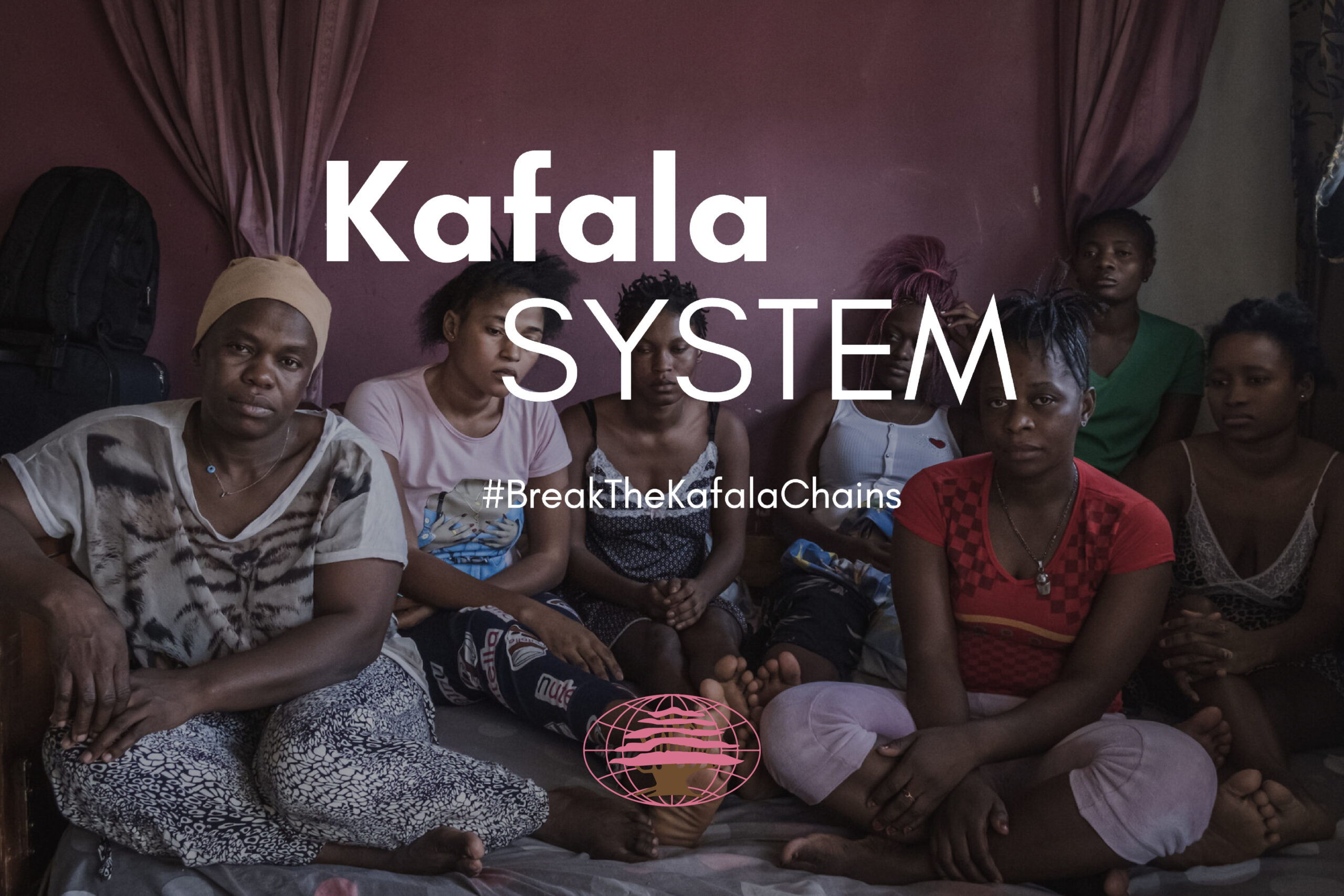Overview:
1. Definition and Purpose:
–Sponsorship-Based: The Kafala System ties the legal residency of foreign workers to their employers (or sponsors) who are responsible for their visa and legal status.
–Employment Relationship: The worker’s legal status in the country is directly linked to their employer, who controls their employment and residency rights.
2. Common Industries:
–Domestic Work: Many domestic workers, including maids and nannies, are under the Kafala System.
–Construction and Manual Labor: Construction workers and manual laborers are also often subject to this system.
Issues and Criticism:
1. Power Imbalance:
–Employer Control: Employers have significant control over workers’ movements, including the ability to prevent them from changing jobs or leaving the country.
–Passport Confiscation: It is common for employers to confiscate workers’ passports, further limiting their freedom.
2. Labor Rights Violations:
–Exploitation: Many workers face exploitation, including unpaid wages, long working hours, and poor working conditions.
–Abuse: Reports of physical, psychological, and sexual abuse are not uncommon.
Reforms and Advocacy:
1. Calls for Abolition:
–Human Rights Organizations: Many human rights organizations, both local and international, have called for the abolition of the Kafala System due to its inherent abuses and violations of workers’ rights.
2. Government Initiatives:
–Reforms: Some countries have introduced reforms to the Kafala System, such as allowing workers to change employers more easily or improving labor rights protections. However, the effectiveness and implementation of these reforms vary widely.
3. Lebanon’s Context:
–Ongoing Struggles: In Lebanon, the Kafala system remains deeply entrenched, and despite some efforts at reform, many workers continue to face significant hardships.
–Economic Crisis Impact: The ongoing economic crisis in Lebanon has exacerbated the plight of many migrant workers, leading to increased vulnerability and exploitation.
3. Lack of Legal Protections:
–Limited Recourse: Workers have limited legal recourse if they face abuse or exploitation due to the lack of robust labor protections and their dependence on their sponsors for legal status.
Conclusion:
The Kafala System in Lebanon is a highly criticized practice that places significant control in the hands of employers, often leading to the exploitation and abuse of foreign workers. Despite calls for reform and some efforts to improve the situation, many challenges remain in ensuring fair treatment and adequate protections for these workers.
21 out of 28
Cases of sexual abuse or harasment have been disclosed, upon assessment in the
‘This is Lebanon Safehouse’ and alternative accommodation since December 2020.
35
Cases of sexual abuse were reported and recorded in 2020.
451
Is the total number of physical and or sexual abuse and harassment cases recorded by This is Lebanon.
These NGOs provide support, advocacy, and legal assistance to improve conditions for affected workers.
- This is Lebanon: This Is Lebanon NGO empowers communities through innovative projects in education, healthcare, and sustainability. By fostering local and global collaboration, they drive positive change and build a brighter future for Lebanon.
- The Migrant-Rights.org: This organization focuses on the rights of migrant workers in the Gulf region and advocates for fair treatment and systemic change.
- Human Rights Watch (HRW): HRW conducts research and advocates for human rights globally, including the rights of migrant workers affected by the Kafala System.
- Amnesty International: Amnesty International works on various human rights issues, including those affecting migrant workers under the Kafala System.
- The International Labor Organization (ILO): The ILO promotes labor rights and fair working conditions worldwide and addresses issues related to migrant workers and the Kafala System.
- Egna Legna Besidet: Is a collective of Ethiopian domestic workers based in Lebanon working to protect and preserve the dignity of the female domestic workers in the country, based on principles of sisterhood and feminism.












Leave A Comment